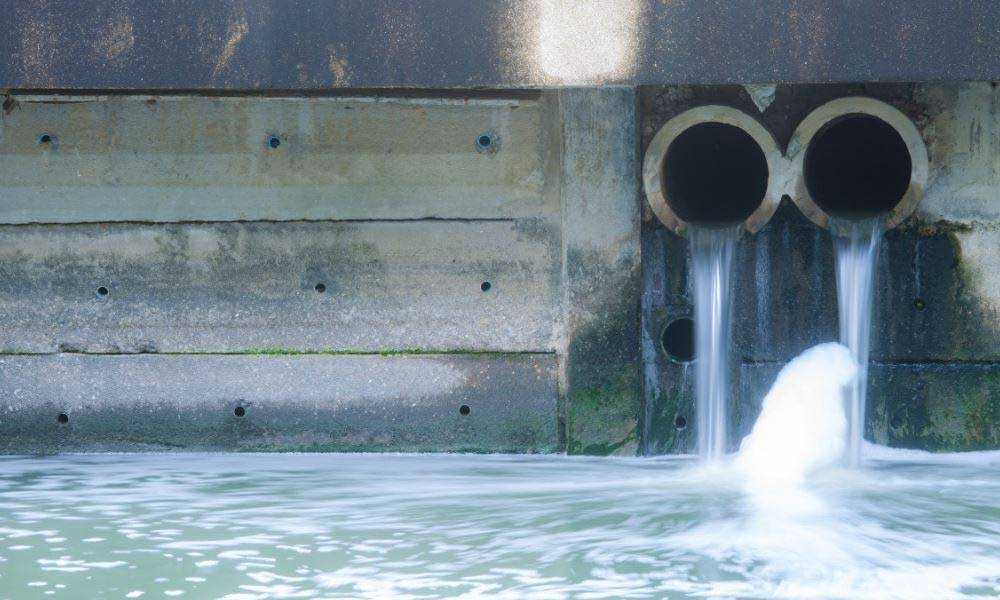In a remarkable leap forward for the textile industry, the application of Decoloring Agents has emerged as a game-changer in the realm of water chemical manufacture. This innovative solution addresses long-standing challenges related to dye removal, pollution reduction, and sustainable practices. With a focus on environmental preservation and operational efficiency, textile manufacturers are adopting Decoloring Agents to reshape their processes.
The Role of Decoloring Agents in Textile Industry
Decoloring Agents are specialized chemical compounds designed to effectively remove dyes from wastewater and textiles, promoting cleaner water discharges and minimizing environmental impact. These agents exhibit exceptional dye adsorption properties, enabling them to bind with and neutralize dye molecules present in the water. This breakthrough technology facilitates the separation of dyes from water, resulting in clearer water discharges that are less harmful to aquatic ecosystems.
Advantages for Water Chemical Manufacture
In the realm of water chemical manufacture, Decoloring Agents offer a range of advantages that revolutionize the traditional processes:
Efficient Dye Removal: Traditional dye removal methods often fall short in fully extracting dyes from water, leading to polluted discharges. Decoloring Agents, however, excel in achieving near-complete dye removal, resulting in significantly cleaner water before it’s released back into the environment.
Sustainability: With growing concerns about environmental sustainability, textile manufacturers are seeking ways to minimize their ecological footprint. Decoloring Agents align with these goals by reducing pollution and minimizing the harmful effects of dye-contaminated water discharges.
Cost Savings: Incorporating Decoloring Agents into water chemical manufacture can lead to cost savings in wastewater treatment and compliance with environmental regulations. As more governments tighten pollution standards, these agents become valuable assets in avoiding hefty fines and ensuring smooth operations.
Enhanced Reputation: Brands and manufacturers are under increased scrutiny from environmentally conscious consumers. By adopting Decoloring Agents and demonstrating commitment to eco-friendly practices, textile companies can enhance their brand reputation and attract a wider base of environmentally aware customers.
Streamlined Processes: Decoloring Agents simplify the water treatment process by reducing the need for complex and resource-intensive treatment methods. This streamlining allows for a more efficient and cost-effective overall water chemical manufacture process.
Leading textile manufacturers have already embraced the integration of Decoloring Agents into their water chemical manufacture processes. Collaborating with research institutions and chemical engineers, these companies are fine-tuning their procedures to maximize the benefits of this innovative technology. As the textile industry continues to evolve, the adoption of Decoloring Agents is expected to become more widespread, setting new standards for sustainability and eco-conscious practices.
Decoloring Agents are revolutionizing the textile industry by transforming water chemical manufacture processes. With their remarkable ability to remove dyes from wastewater effectively, these agents are promoting cleaner water discharges, reducing pollution, and bolstering sustainability efforts. As textile manufacturers recognize the environmental and operational advantages, the integration of Decoloring Agents is becoming a pivotal step towards a more responsible and eco-friendly industry.
Post time: Aug-23-2023


